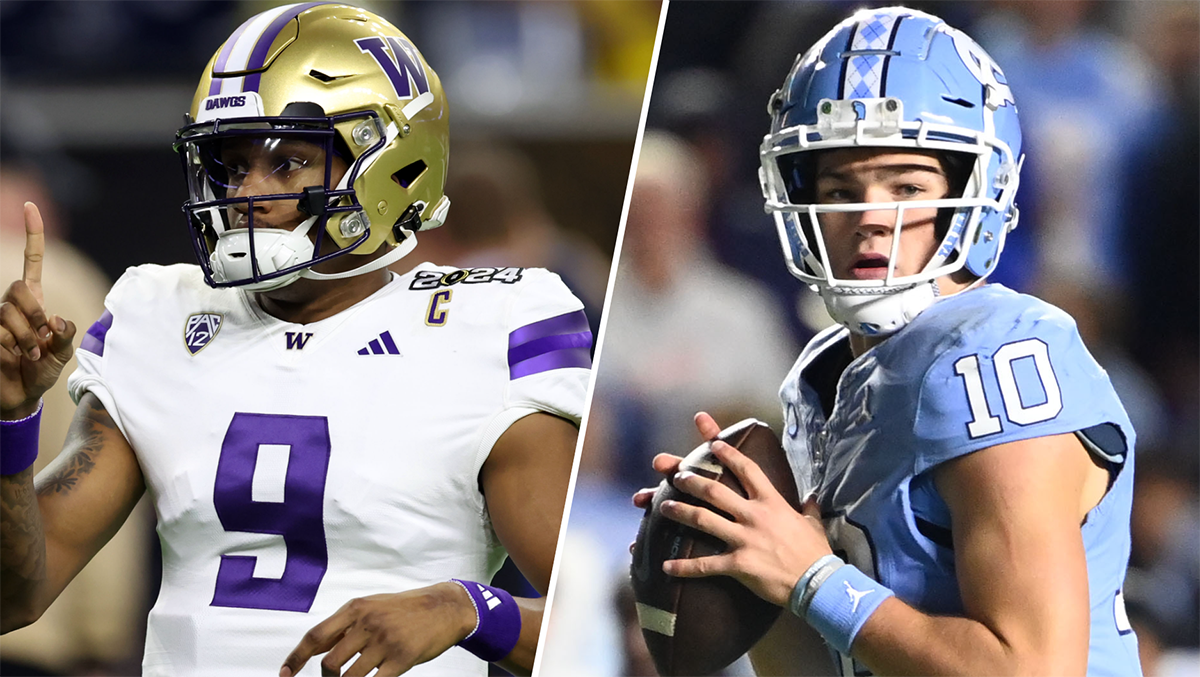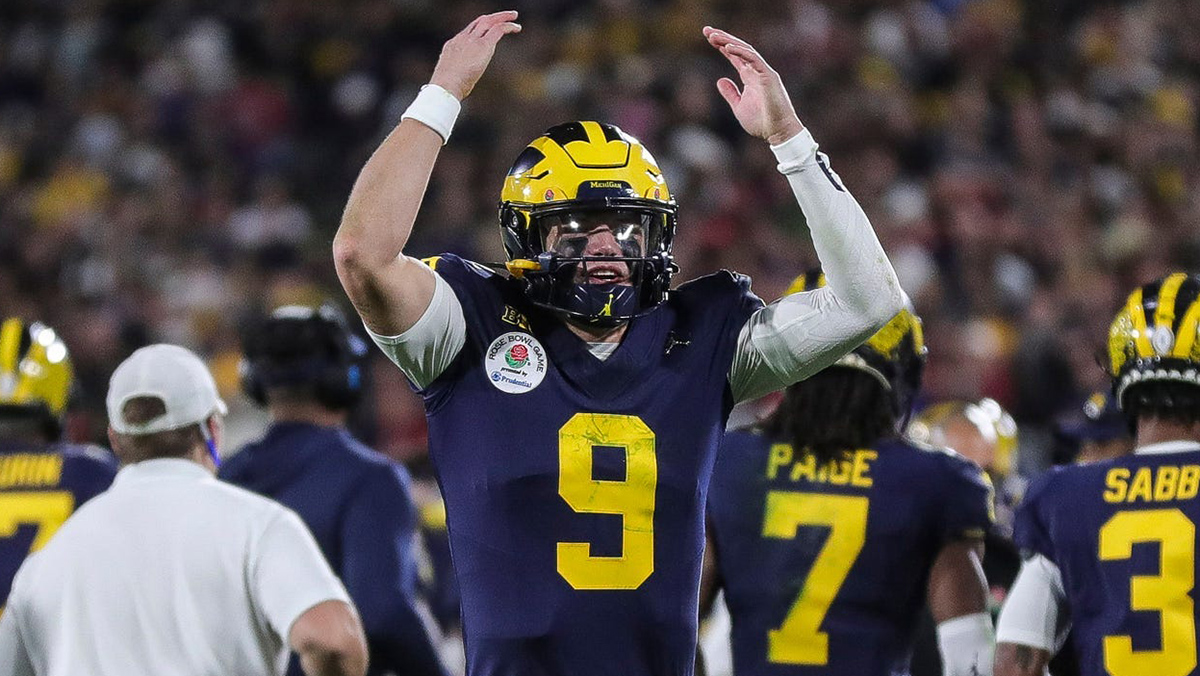
Ted Wells wanted to make clear during his conference call on Tuesday that he did not ask Tom Brady to hand over his cellphone.
Since the Wells Report was released last week, there has been an assumption by some that the Patriots quarterback chose not to hand over texts and emails to investigators because he didn't want them to have access to messages or information that did not pertain to the case.
Wells explained on his call that Brady was very cooperative during his interview with investigators, but Wells sought to refute the notion that Brady was asked to relinquish his privacy by giving up his phone.
"Mr. Brady, the report sets forth, he came to the interview, he answered every question, he did not refuse to answer any questions in terms of the back and forth between Mr. Brady and my team -- he was totally cooperative," Wells said. "At the same time, he refused to permit us to review electronic data from his telephone or other instruments. Most of the key evidence in this case as in most cases comes from people’s cell phones and he refused to let us review the phone.
"And I want to be crystal clear, I told Mr. Brady and his agents I was willing to not take possession of the phone, I don’t want to see any private communications, I said, ‘You keep the phone, you give me documents that are responsive to this investigation, and I will take your word for it.’ And they still refused."
Brady's agent Don Yee said last week on AC360 that the reason Brady did not provide text messages was because it's difficult to prove innocence -- what Yee called "proving a negative."
Yee also said that Brady did not want to set a precedent for other players involved in situations where they may be facing discipline from the league. A player of Brady's stature, Yee explained, would have all but guaranteed that players in similar situations down the line would have to adhere to his standard.
New England Patriots
One final point that Yee made during that interview was that even though the league would have allowed Brady to parse through his messages and select the ones that were only pertinent to the case -- as Wells states above -- investigators could have very well remained suspicious without full access to Brady's records.
If Brady was allowed to hand-pick the texts to be made available, Yee argues, wouldn't investigators naturally assume that there may have been incriminating messages that would have been withheld?
Wells said on Tuesday that he told Brady, "I will take your word for it." But it's clear that there was some distrust from Brady's camp that Wells wasn't necessarily as trusting as he purported to be.


